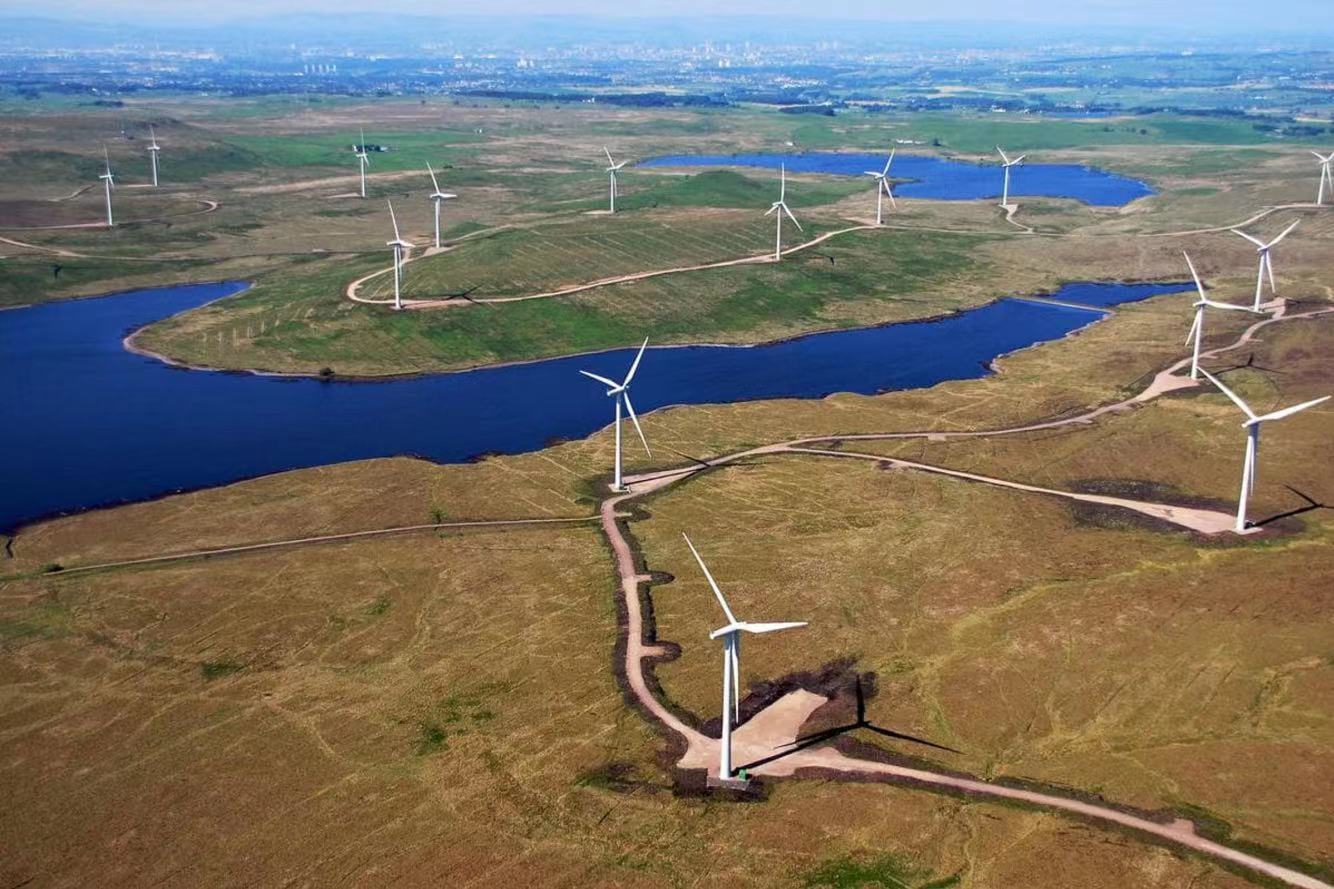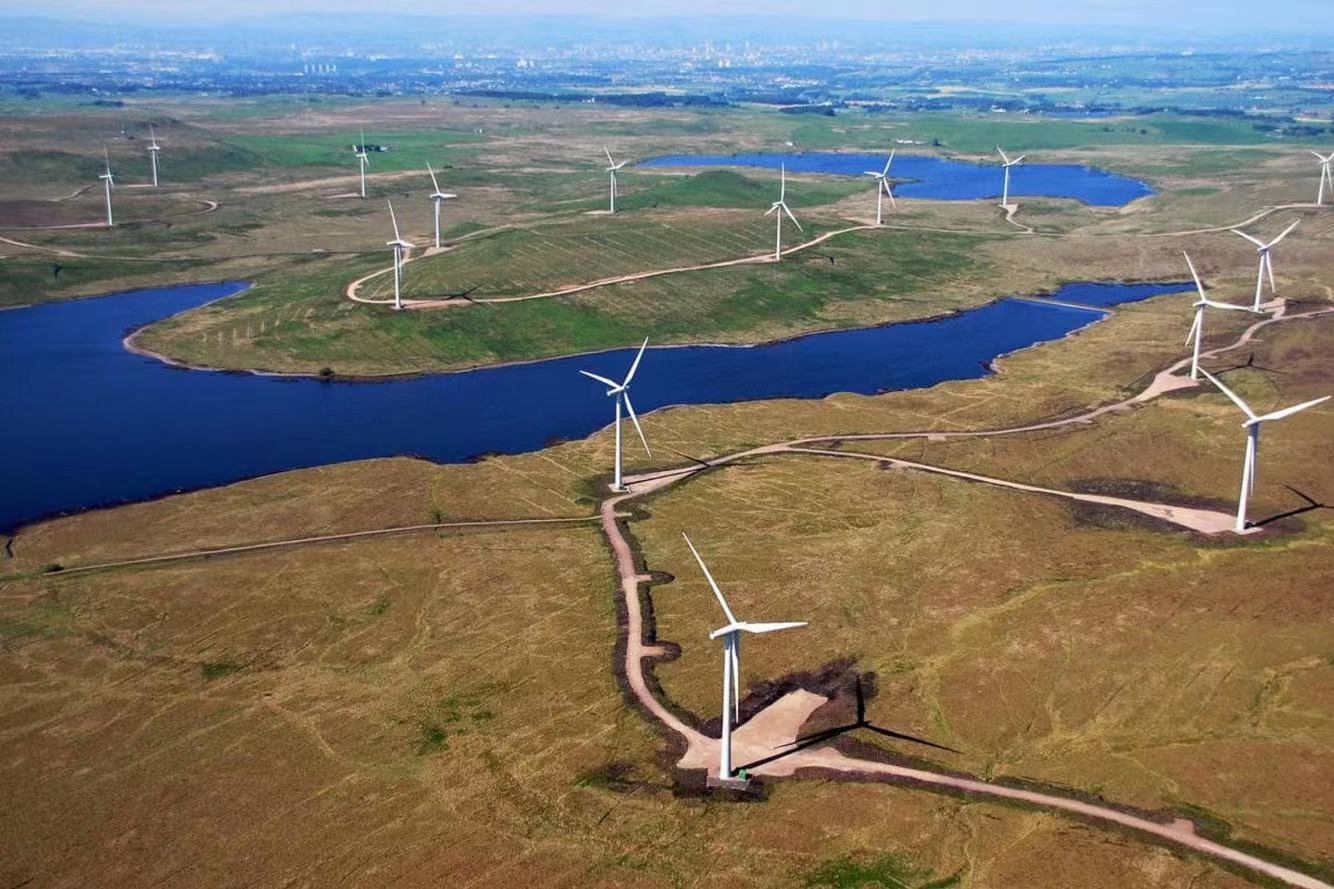
00:00 - 00:00
Source: https://www.sdi.co.uk/news/hydrogen-how-its-decarbonising-heavy-duty-transport?returnUrl=%2fnews
Decarbonising heavy duty transport is one of the biggest hurdles in the race to net zero. In Scotland, hydrogen is being used and developed as a clean fuel source in buses, freight trucks and trains.
The need for cleaner, more resilient, fuel sources has never been greater. With its potential for domestic production, hydrogen offers many advantages.
In Scotland, hydrogen is already powering zero-emission vehicles from stations in Aberdeen which have served over 80 buses, cars, and heavy-duty vehicles (HGVs) since 2015. And on the Bo’ness and Kinneil Railway in the central lowlands, a retrofitted train has also been running on hydrogen.
Within the next decade, Transport Scotland predicts that hydrogen-powered HGVs will be widely used on Scottish roads. While battery-electric is considered the best option for smaller vehicles, the potential of fuel cell technology is being embraced for heavy-duty transport and could be adopted on a similar scale to diesel.
In terms of cost, the surge in global fuel prices has brought the gap between diesel and hydrogen closer together. In fact, hydrogen vehicles can deliver a comparable operational range and load capacity to diesel engines. However, transitioning vehicles from fossil fuels requires changes to existing systems and infrastructure.
To transition to a low-carbon economy more quickly and with minimal disruption, adapting existing infrastructure and systems is considered a better option than building everything from scratch. It’s also cheaper and is an opportunity to bring in experts from other industries.
A successful example of a retrofit is the conversion of a 40-year-old train, carried out by the Hydrogen Accelerator team and partners. The ex-ScotRail train has been successfully running on the Bo’ness-Kinneil heritage line, powered by green hydrogen.
According to Landy, normal budgets for such a project would be around £30 million, yet the Hydrogen Accelerator team delivered the project for a fraction of the cost — £3 million. Crucially, the project also used the skills and expertise within Scottish industries such as oil and gas.
“That was a fantastic project that is just coming to the end of its phase now,” says Landy. “We started to see oil and gas companies coming in and saying: ‘What can we do in workshops? How can we get involved?’ There are lots of opportunities for engineering skills that can be used in this sector.”
Hydrogen-powered trains are expected to be particularly important in the future, particularly in rural areas where the electrification of rail lines is not always cost-effective.
“We want to innovate. We want to work on challenging projects alongside experts to achieve the ambitions of the Scottish Government and agencies,” adds Landy.


